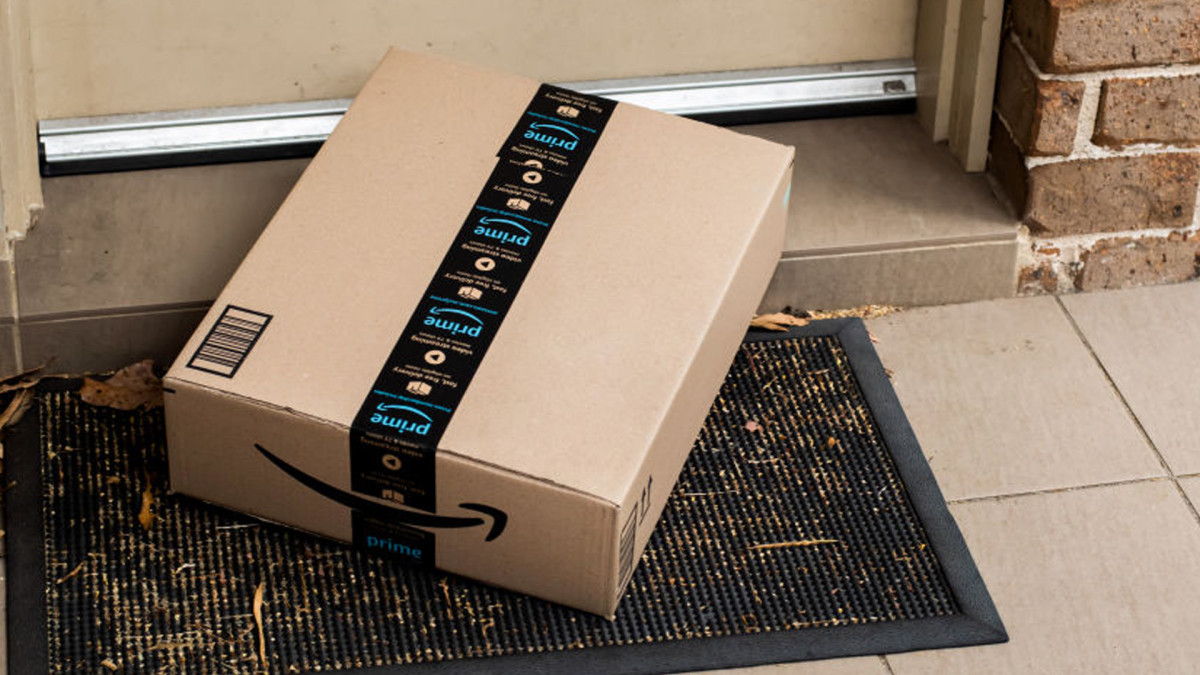Modern Hearing Technology Puts Better Hearing Within Everyone's Reach
Broadcast Retirement Network's Jeffrey Snyder discusses the availability of hearing aids for almost everybody with Akoio's Bill Schiffmiller, MFS. Jeffrey Snyder, Broadcast Retirement Network This morning on BRN, modern hearing technology puts better hearing within everyone's reach. Joining me ...

Whether you’re grappling with mild hearing challenges or significant loss, the tools and technologies available now meet every need and budget
Broadcast Retirement Network's Jeffrey Snyder discusses the availability of hearing aids for almost everybody with Akoio's Bill Schiffmiller, MFS.
Jeffrey Snyder, Broadcast Retirement Network
This morning on BRN, modern hearing technology puts better hearing within everyone's reach. Joining me now is Bill Schiff-Miller, founder of Akoya. Bill, so great to see you.
Thanks for joining us this morning.
Bill Schiffmiller, MFS, Akoio
It's a pleasure to be with you and happy holidays.
Jeffrey Snyder, Broadcast Retirement Network
Yeah, happy holidays to you as well, sir. Happy New Year. It's a great 2025.
It's great to be alive and in a new year. Bill, I wanna talk about the hearing loss and in particular, newer technologies that exist. I mean, the world has come a long way, sir, in addressing the decline of our hearing as we age.
Bill Schiffmiller, MFS, Akoio
That is absolutely true. And just to give you a little background, I've been a hearing aid user since I'm six years old. So I have seen the change in technology over time.
So for 50 plus years, I have seen analog hearing aid to digital one and the digital one lead to other great possibilities. So the realm of hearing should be looked at in three ways. Hearing for communication, noise, how do you mitigate noise and wellness?
How do you manage sound for the sake of wellness? So we take a look at those three components. Think of it as three slices of a pie.
That is your auditory hearing health. That is the way I would look at what technologies are out there to help address each of those slices. The idea of you need to see an audiologist and get a hearing aid, hold your horses.
Let's understand by understanding what is your hearing profile? And as you mentioned earlier, hearing test. It is first and foremost important to get a hearing test.
Now, hearing tests can be available through a hearing care professional, like an audiologist. And there are promising technologies out there where you could do it yourself. You could do it online.
And then you have the recent product from Apple. The Apple AirPod Pro 2, where just like when you're first setting up your product, there's gonna be a prompt. And in this case with the AirPod Pro, it's gonna be about the fitting.
So you could start a hearing test. So once you have a profile of where you are on the hearing spectrum, from mild to moderate to severe to profound and deaf, that's where you need to get started to see what is the right step that I need to address in my hearing needs and what solutions are out there. There are so many technologies.
AI has lots of promises, but as you know with AI, it's huge. What part of AI do we wanna be focused on? So right now, I always like to think about what is your profile?
How do we deal with the basics? And then go from there.
Jeffrey Snyder, Broadcast Retirement Network
Bill, there used to be a stigma. I'm not saying I had this thought process, but you talked about some of the more analog hearing aids that were out there and you could see them because they would be presented outside the person's ear, next to their head. And maybe some people developed a prejudice or a bias towards, oh, that person's older, that person's this or that.
Has that stigma dissipated? Do people still look at that? I would think with today's technology, I may not even know if someone is using that technology to help assist with their hearing.
Bill Schiffmiller, MFS, Akoio
I think we're at a pivotal moment now. I think the older generation and baby boomers, that stigma still exists. But now you have the younger cohort that are embracing technology and embracing our differences in the name of accessibility.
May you have cognitive, dexterity, vision challenges. There is an embrace in that. The older generation still have that stigma and they do see, oh, that granddad's older hearing aid.
Oh, granddad was always grouchy and forgetful. Well, it's not about that anymore. I had those bulky hearing aids and I was not a granddad.
I was a six year old kid with those bulky hearing aids. And there is so much to the technology now. It's customized for your needs.
So regardless of what you can afford, of what your profile is, you can get away from those stigmas. Get over it, get over it. It's no different from, oh, you need to go and get a colonoscopy.
It's gonna do a lot for you once you take care of that. Then you learn what the next steps are. So get over it, it's plain and simple.
Jeffrey Snyder, Broadcast Retirement Network
Yeah, look, there used to be a stigma back when I was growing up in the seventies and eighties about being bald. And then it was Jean-Luc Picard. I mean, that was, now it's hip.
And so I can say at age 52 that I'm hip. But in all seriousness, Bill, you mentioned the different types of technologies, but if you don't have your hearing or you have diminished hearing loss, there's the potential for cognitive decline and it's a source of isolation, not being able to connect one-on-one. I mean, we are social beings.
We need to connect with one another. Talking and hearing, as well as eye-body movements really help connect us. So this would alleviate some of that social isolation that some people feel.
Bill Schiffmiller, MFS, Akoio
Yeah, and that connection is being engaged in a conversation, being socially active. One of the things that I would talk about with respect to cognitive decline is there is a scare tactic being used out there. Say you need to get a hearing aid or you're going to suffer from Alzheimer's or dementia.
Yes, there are reports that support that, but to use that as a push to get you to use these hearing aids, no, there's gonna be a lot of resistance to that. That's part of that stigma. Don't tell me what to do.
I'm not gonna get that. I don't want that. So yes, it will help you stay connected.
And here's the thing. A lot of these technology can address each of those slices that I mentioned on communication, noise, and sound, and you can determine which one is gonna be best for you. You may think you have a hearing loss.
No, you may have a noise issue. Your hearing is fine. Imagine a way to mitigate and reduce background noise, so then you start to hear better, you start to feel better, and you start to feel more connected.
And when you feel more connected, you feel better. You produce better work. You live better lives.
Jeffrey Snyder, Broadcast Retirement Network
Yeah, absolutely. Well, Bill, I can tell you, I can hear your passion, but there is, as you said, there is so much opportunity out there. If you want to go over to the counter, you can go over to the counter, but it all starts with getting a hearing test of some kind.
You need to do that, and you should do that as you age. Bill, we're gonna leave it there. So great to see you.
Thanks, excellent piece. Thanks for joining us, and we look forward to having you back on the program again very soon. Thank you, Jeff.
Be well. And don't forget to subscribe to our daily newsletter, The Morning Pulse, for all the news in one place. Details, of course, at our website.
And we're back again tomorrow for another edition of BRN. Until then, I'm Jeff Sniders. Stay safe, keep on saving, and don't forget, roll with the changes.
We'll see you next time.
What's Your Reaction?




















































